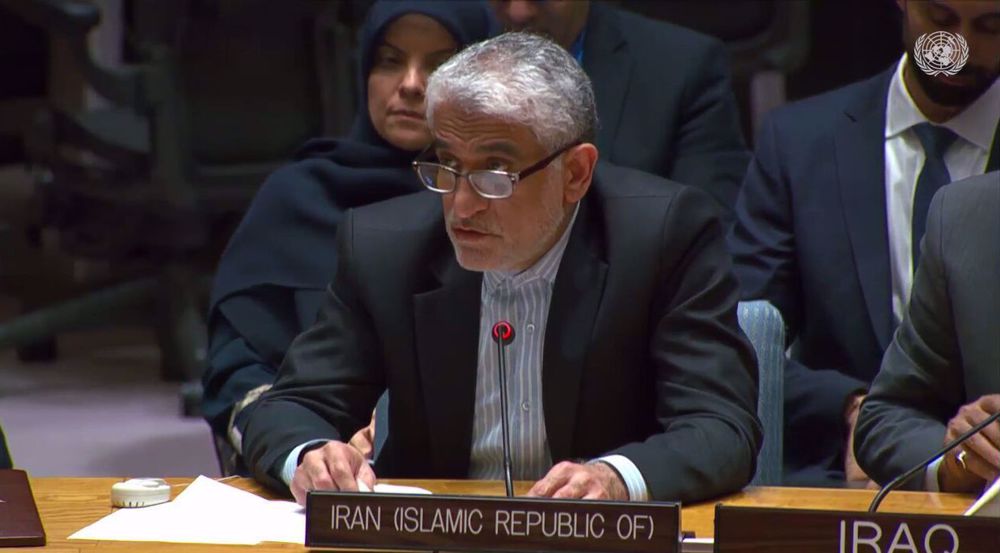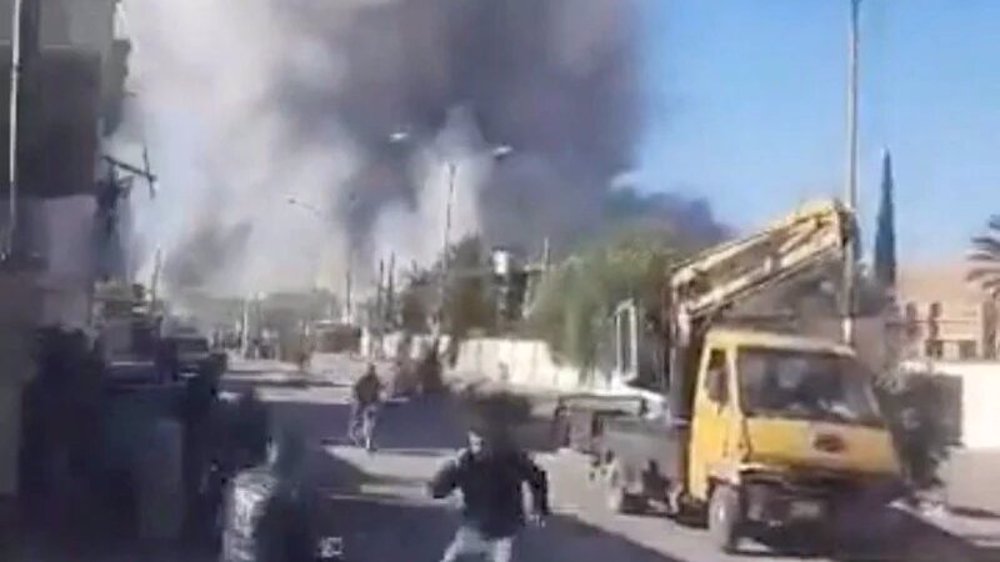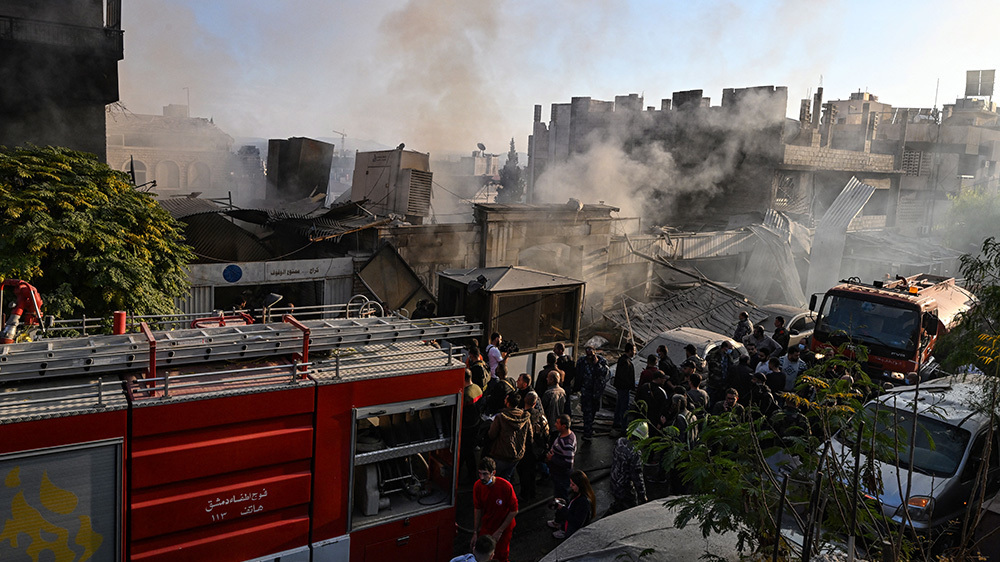Turkish shelling, strikes kill 36 in Syrian town of Afrin, UN receiving 'alarming' reports on deaths
The Turkish military’s shelling and airstrikes against a hospital and purported positions of the People's Protection Units (YPG) militants in Syria’s northwestern town of Afrin have claimed the lives of over three dozen civilians, Syrian Kurdish forces and a so-called monitoring group say.
According to the Britain-based Syrian Observatory for Human Rights, a Turkish airstrike hit "directly" the main hospital in Afrin on Friday night, killing 16 civilians, "including two pregnant women."
The Kurdish Red Crescent medical service, which supports the hospital, confirmed to AFP the hospital was hit but did not give a toll.
"There was bombing on the city during the day that got close to the hospital, but this evening it was directly hit," said Serwan Bery, co-chair of the Kurdish Red Crescent and based in the northeastern Syria town of Qamishli.
"It was the only functioning hospital in Afrin," he added.
Earlier in the day, Redur Xelil, a senior official and spokesman of the US-backed YPG forces, said 20 people lost their lives and 30 others sustained injuries when Turkish forces shelled Afrin's Ashrafieh neighborhood.
The monitoring group, however, had put the death toll at 18.

The Britain-based monitor later released a video, showing four lifeless bodies lying on the streets of Afrin.
Meanwhile, a senior United Nations official has warned against Turkey’s cross-border military operation in Syria’s Afrin, stating that the world body is receiving “deeply alarming” reports about civilian deaths and injuries due to airstrikes and ground-based strikes.
Ravina Shamdasani, spokeswoman for the UN High Commissioner for Human Rights, said in a statement on Friday that it is also getting reports that civilians are being prevented from leaving the area by Kurdish YPG militants.
Shamdasani said hundreds of thousands of civilians are at risk, including those recently displaced from other areas captured by Turkish troops and their allied militants from the so-called Free Syrian Army.

She said that the humanitarian situation is reportedly worsening, “with tremendous pressure on Afrin hospital - the only medical facility equipped for major operations.”
Shamdasani noted that parties to the conflict must allow civilians to leave and take precautions to avoid loss of civilian lives.
The Turkish General Staff said in a statement on Friday morning that a total of 3,530 terrorists have been “neutralized” since the start of Operation Olive Branch in Syria's northwestern region of Afrin.
Turkish authorities often use the word "neutralized" to imply the terrorists in question either surrendered or were killed or captured.
Ankara views the YPG as the Syrian branch of the Kurdistan Workers' Party (PKK) militant group that has been fighting for an autonomous region inside Turkey since 1984.

Erdogan has repeatedly said that Afrin should be cleared of “terrorists,” and demanded the deployment of Turkish troops there during a speech back in November 2016.
This is while US officials regard the YPG as the most effective fighting force against the Daesh Takfiri terrorist group in northern Syria, and have substantially increased their weaponry and technology support to the group.
The controversy over a possible Syria border force first started on January 14 when a report emerged on Reuters saying that the military coalition led by the United States in Syria was planning to set up a large border force of up to 30,000 personnel with the aid of its militia allies.
The Syrian government has already condemned the Turkish offensive against Afrin, rejecting Ankara’s claim about having informed Damascus of the operation.
Diplomat discourages recourse to pressure, intimidation, confrontation against Iran
UN: 2024 deadliest year for aid workers amid genocide in Gaza
Gaza health official warns of hospital shutdowns within 48 hours
Israel kills 5 more paramedics in southern Lebanon: Health ministry
Iran to launch ‘new, advanced’ centrifuges in response to IAEA resolution: AEOI
Yemen fires hypersonic missile at Israeli airbase
VIDEO | New Delhi chokes under toxic smog as air quality remains at hazardous levels
VIDEO | Press TV's news headlines


















 This makes it easy to access the Press TV website
This makes it easy to access the Press TV website